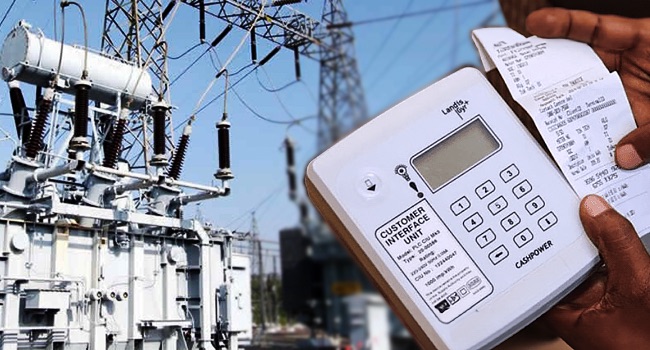By Olaitan Ibrahim
Electricity customers on Band A feeders may need to brace up for a possible tariff increase following the rise in the electricity tariff shortfall otherwise known as subsidy.
It was reported that the electricity subsidy to be paid by the Federal Government rose to N181,63bn in September from N102.30bn in May.
In April when the Nigerian Electricity Regulatory Commission announced the removal of subsidy in areas categorised as Band A feeders, the subsidy was N140.7bn.
To ensure liquidity in the sector, the government stopped paying subsidies for Band A customers, who enjoy a minimum of 20 hours of electricity daily, raising their tariff to N225 per kilowatt-hour.
The decision generated outcries among Nigerians, including labour unions, and education and health institutions, whose electricity bills tripled following the removal of the subsidy.
In May when the subsidy figure dropped to N102.30bn, the government slashed the Band A tariff to N206.80/kWh.
However, the tariff was jerked to N209/kWh in early July as the subsidy rose again to N158bn in June.

According to data released by the NERC, the subsidy rose to N163.87bn in July, N173.88bn in August, and N181.63bn in September, fuelling speculations that there may be another tariff increase in the October Multi-Year Tariff Order unless the cost of power generation drops.
A source disclosed that the foreign exchange crisis has been the major driver of the electricity subsidy.
The NERC put the dollar exchange rate at N1,494.1 in July; 1,564.3 in August; and N1601.5 in September.
According to the regulator, the dollar rate and inflation are the determinants of the cost of power production.
In the MYTO order to all the power distribution companies for September, the NERC said, further to Section 23 of the MYTO-2024, the supplementary orders are to reflect the changes in the pass-through indices outside the control of licensees including inflation rates, naira/dollar exchange rate, available generation capacity and gas price for the determination of cost-reflective tariffs.
The naira to the US dollar exchange rate of N1,601.50 to a dollar was adopted for September.
The Nigerian inflation rate of 33.40 per cent for July 2024 as published by the National Bureau of Statistics was applied to revise the Nigerian inflation rate projection for 2024 while the US inflation rate of 2.90 per cent for July 2024 was applied to revise the US Inflation rate projection for 2024.
As of September, the NERC maintains the benchmark gas-to-power price of $2.42/MMBTU based on the established benchmark price of gas-to-power by the Nigerian Midstream and Downstream Petroleum Regulatory Authority in line with Section 167 of the Petroleum Industry Act 2021.
The cost of power generation is also being impacted by contracted gas supply and transportation prices outside the domestic gas delivery obligation quantities based on effective gas sale agreements approved by the commission.